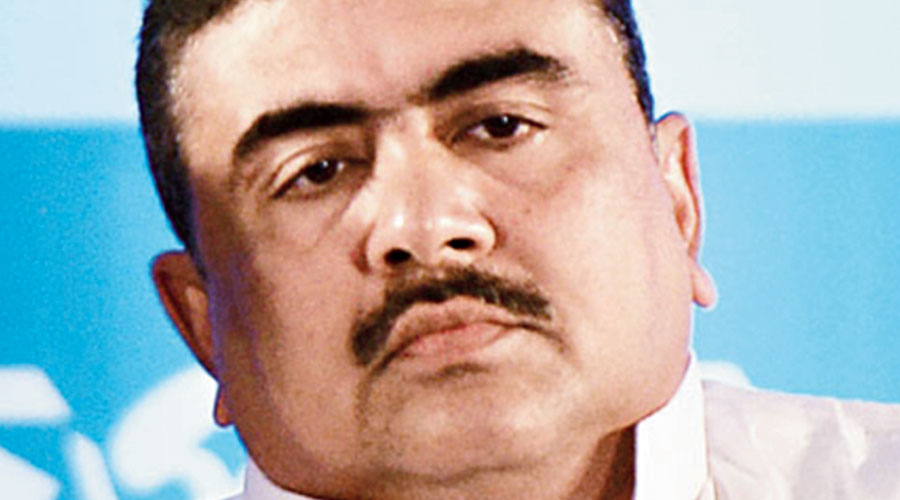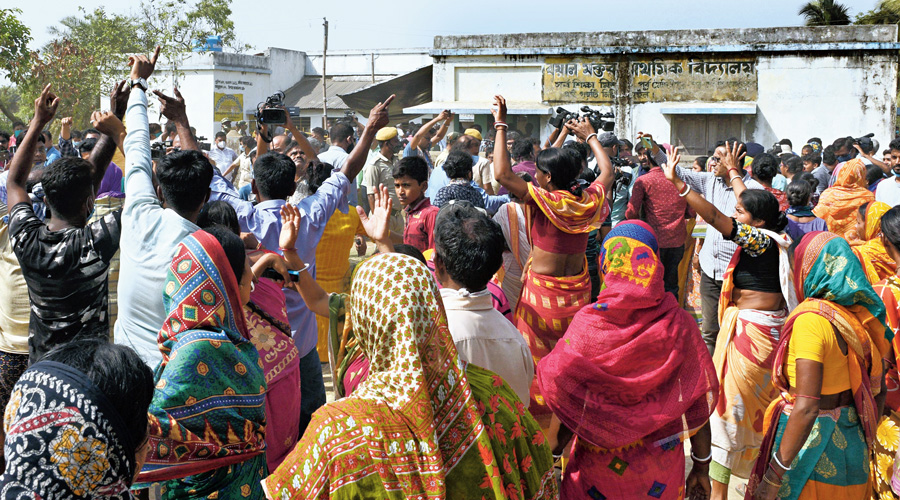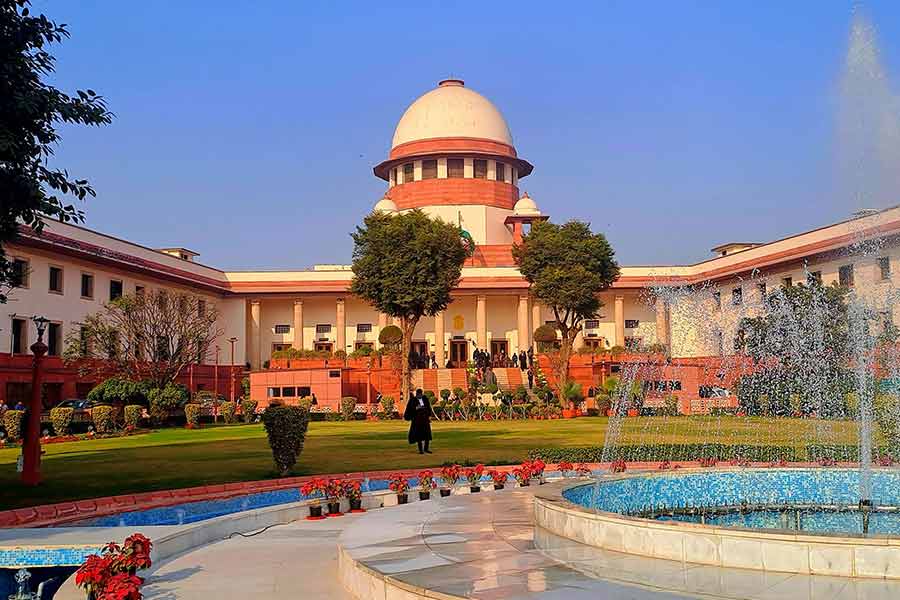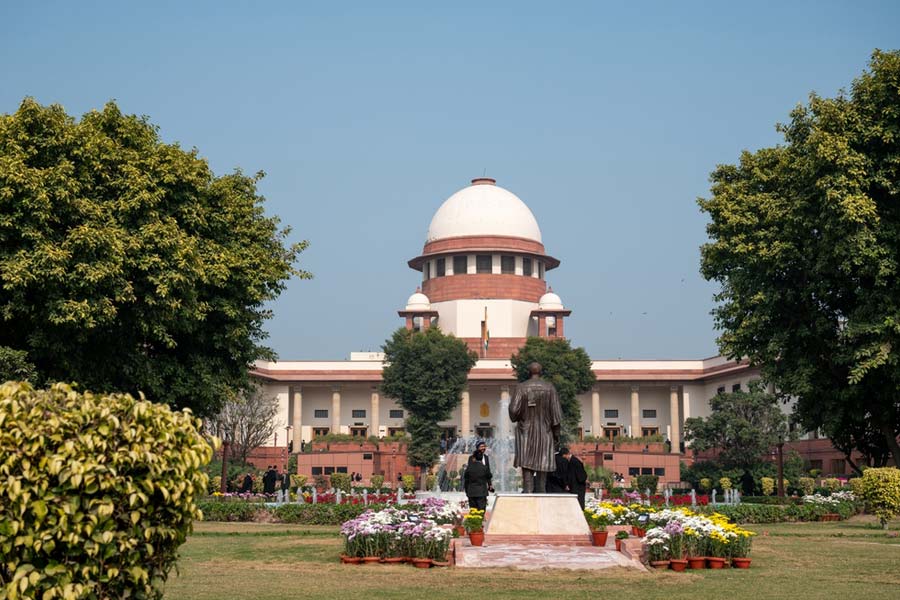The battle of Nandigram has already made its mark in electoral history. Each and every Bengali around the world is curious to learn the result. That is the reason so many hypotheses are getting discussed regarding the possible outcomes of this Assembly segment.
The initial question is, why are Mamata Banerjee and Suvendu Adhikari fighting from the same constituency? They could easily have chosen two safe seats in different locations and sailed through.
Mamata Banerjee may even have had the option of announcing that she was the candidate from each and every constituency of Bengal and was thus not fighting from a specific seat but leading the campaign everywhere.
In political science, each such possibility has certain positive and negative arguments associated with it, but it is not hard to believe that there were options to bypass this fight from both ends.
But finally, political analysts got to experience the mouth-watering event as both leaders decided to take on each other and to lead from the front.

Suvendu Adhikari. File picture
Thus, either Mamata or Suvendu is going to lose the election. Consequently, the defeated candidate will face a tough challenge in pursuing his or her political ambitions further.
There are four main possibilities that should be studied. The first two are simple, where the candidate wins Nandigram and his or her party gets a majority in the state. If Mamata as well as the TMC wins, it will be a very tough time for Suvendu. However, the other way would be more disastrous for Mamata. This is because the TMC, as a political party, might face an existential problem.
Let us come to the next two possibilities, where the candidate wins and the corresponding party does not obtain a majority. For Mamata, it might not be that bad as the electorate would remember her tremendous single-handed fight and leadership quality. It is now evident that quite a few TMC executives are in the process of changing their allegiance. Thus, our present chief minister would have the opportunity to blame the defectors from her party.
There is also the possibility that Suvendu loses from Nandigram but the BJP wins Bengal. This situation might not be that bad for the leader from East Midnapore. He would possibly miss the chance to become the chief minister or deputy chief minister but might continue as a prominent party leader, having shown the courage to contest against Mamata.
If Mamata loses and her party wins, that would cement Suvendu’s role as a prominent leader of the Opposition. Mamata would be slightly discredited for a short period, but will surely manage another seat to win a by-election within six months. Thus, the second two possibilities are better than the first two when one considers the future of the losing candidate.
There is, however, one face-saving possibility for both Mamata and Suvendu. This is the utopian situation of Meenakshi Mukherjee winning Nandigram, added to the plausible event of the TMC winning Bengal with a slim majority and the BJP becoming a strong Opposition with more than 100 seats.
It would be a stunning result, but it won’t be disastrous for Mamata or Suvendu. The CPM’s post-election claim has been that it was the only party that succeeded in putting an election agent in each and every booth of Nandigram. Needless to explain, that does not imply victory. However, the kind of media attention Meenakshi received should help project her as a prominent leader in future.
From media reports, it is also evident that she did not receive serious resistance from TMC or BJP supporters during the campaign. Rather, she was welcomed at many places where people said that even though they would not vote for her in this election, they might lend a hand of support during her subsequent attempts.
Thus, Meenakshi is the only candidate who will benefit from this election, irrespective of the result. If she gathers a substantial vote that is greater than the winning margin between the main two parties, that will also be highlighted with great detail. This is the beauty of democracy where, in some specific cases, the corollary is always positive.
Subhamoy Maitra is a professor with the Indian Statistical Institute, Calcutta.
He can be reached at the email ID maitra.subhamoy@gmail.com












